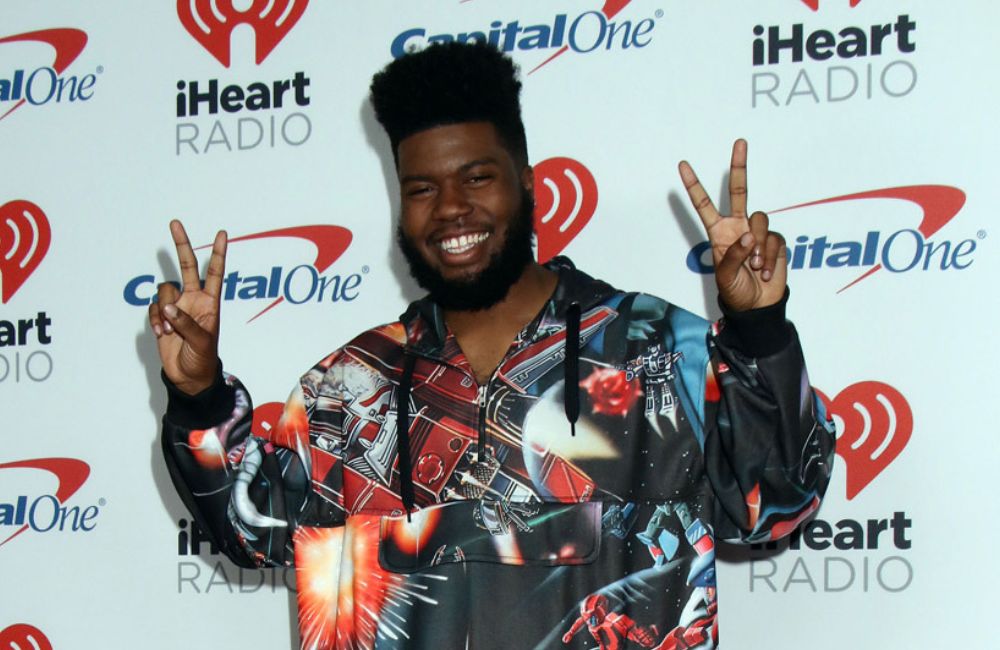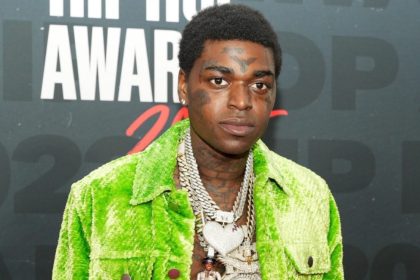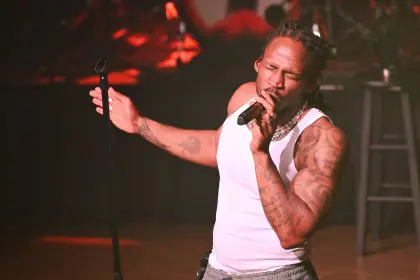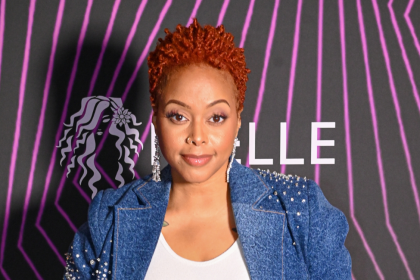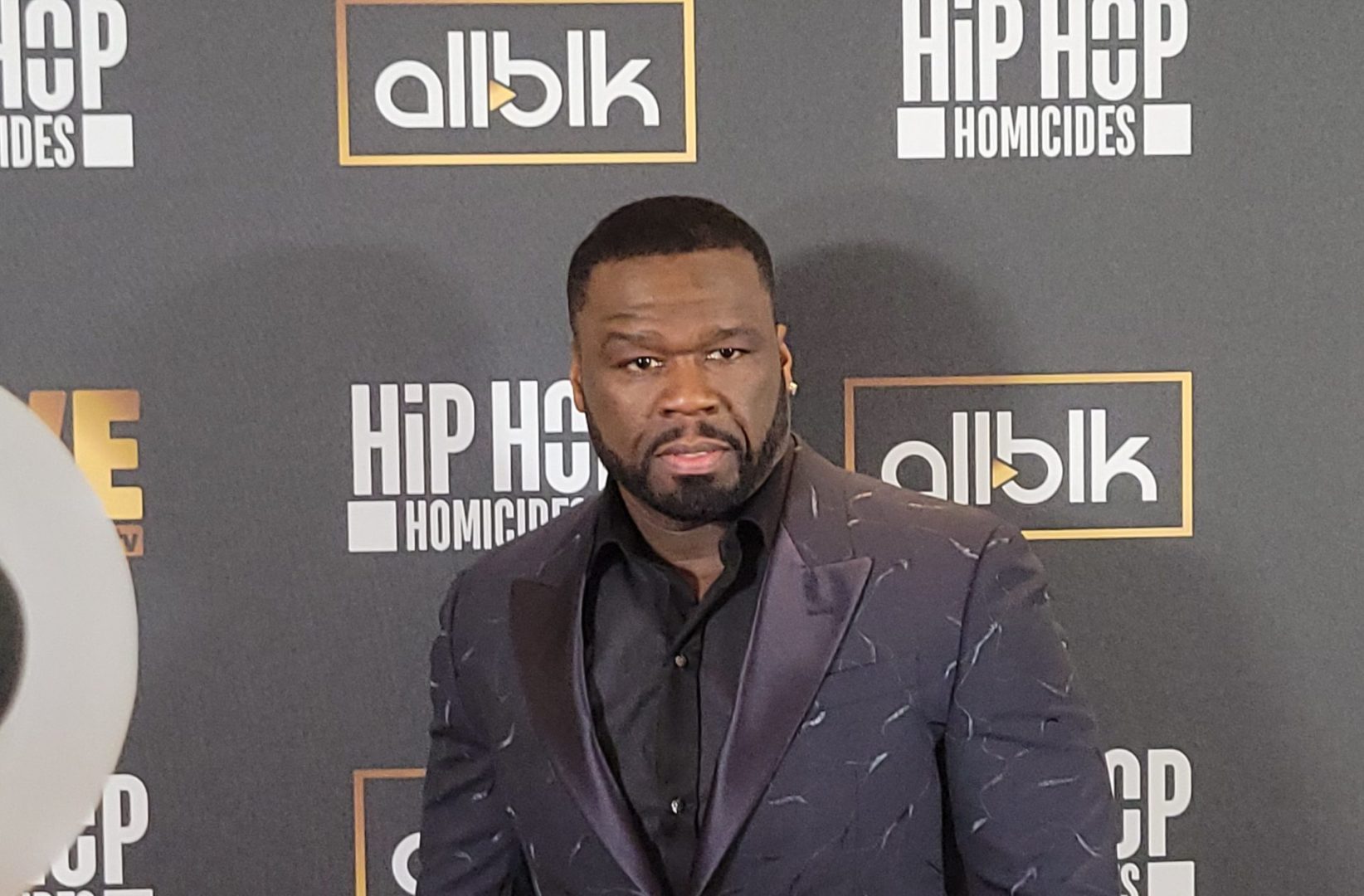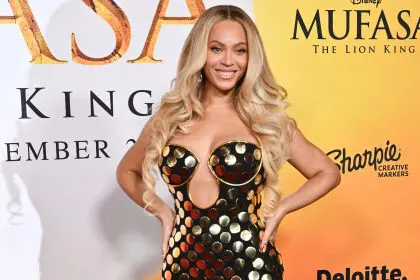Khalid has come out as gay after he was “outed” on social media. The announcement comes amid increasing visibility of LGBTQ+ artists in the music industry, which has seen a 40-percent rise in openly queer performers over the past decade.
The 26-year-old singer, whose full name is Khalid Donnel Robinson, confirmed his sexuality with a brief post on X. The artist, known for his soulful vocals and multiple Grammy nominations, has garnered widespread support from fans and fellow musicians alike.
“there yall go. next topic please lol,” he posted alongside the pride flag. The simple yet impactful statement reflects a growing trend of celebrities choosing to address personal matters directly through social media platforms.
When a follower commented: “Wait hope Mr Khalid isn’t GEHHH!”, he replied: “I am! And that’s okay.” This exchange garnered over 100,000 likes within hours, demonstrating the significant public interest in his announcement.
Khalid ‘not ashamed of my sexuality’
“I got outted and the world still continues to turn. Let’s get this straight (lmao) I am not ashamed of my sexuality,” he went on. His response highlights the ongoing challenges faced by public figures regarding privacy and personal identity in the digital age.
“In reality it ain’t nobodies business! But I am okay with me [black heart emoji] love yall.” This statement resonates with many LGBTQ+ youth, as studies show that celebrity coming out stories can positively impact mental health and self-acceptance in the community.
When another follower wrote: “the closet was glass baby. but we accept you. its not about who you love its about your artistry! [white heart emoji],” he reposted the comment and wrote: “I wasn’t hiding anything! It’s just not any of your business.” This interaction sparked a broader conversation about privacy rights and the pressure public figures face to disclose personal information.
A different fan shared a clip of Khalid dancing in the music video for his track ‘Satellite’ with the caption: “Then there was the LGBTQ anthem he gave us in 2022 but ya’ll kinda slept. Either way.. hate that Khalid was forced out but he wasn’t ‘hiding’ it. He just didn’t need to TELL nobody.” The music video has since seen a surge in views, with fans revisiting the content through a new lens.
Khalid reposted the message and wrote: “thank you!!!! I was never hiding.” His emphasis on authenticity aligns with recent research showing that 83 percent of Gen Z values transparency and genuineness in public figures.
“aight love yall thank yall I’m off this,” he added. The brief series of exchanges has already generated millions of social media impressions and sparked discussions about privacy, sexuality, and representation in the music industry.
Since his debut album “American Teen” in 2017, Khalid has been known for his authentic approach to music and connection with fans. His coming out adds another layer to his artistic narrative, though he emphasizes that his sexuality has always been just one part of his identity.
Timing of his coming out
The timing of this revelation coincides with a broader cultural shift in the music industry, where LGBTQ+ representation has increased significantly. Recent statistics show that openly LGBTQ+ artists have seen a 150-percent increase in mainstream chart success over the past five years.
Industry experts note that while forced outings remain problematic, the supportive response to Khalid’s announcement reflects evolving attitudes toward LGBTQ+ artists in the mainstream music scene. A recent survey indicated that 78 percent of music fans believe an artist’s sexuality has no bearing on their ability to create and perform music.
The singer’s handling of the situation has been praised by LGBTQ+ advocacy groups, who emphasize the importance of allowing individuals to come out on their own terms. Studies show that forced outings can have significant negative impacts on mental health and career trajectories.
Despite the circumstances of his announcement, Khalid’s strong stance on self-acceptance and privacy rights has resonated with fans worldwide. Social media analytics indicate that positive responses outnumber negative ones by a ratio of 9:1, suggesting strong public support for the artist.

